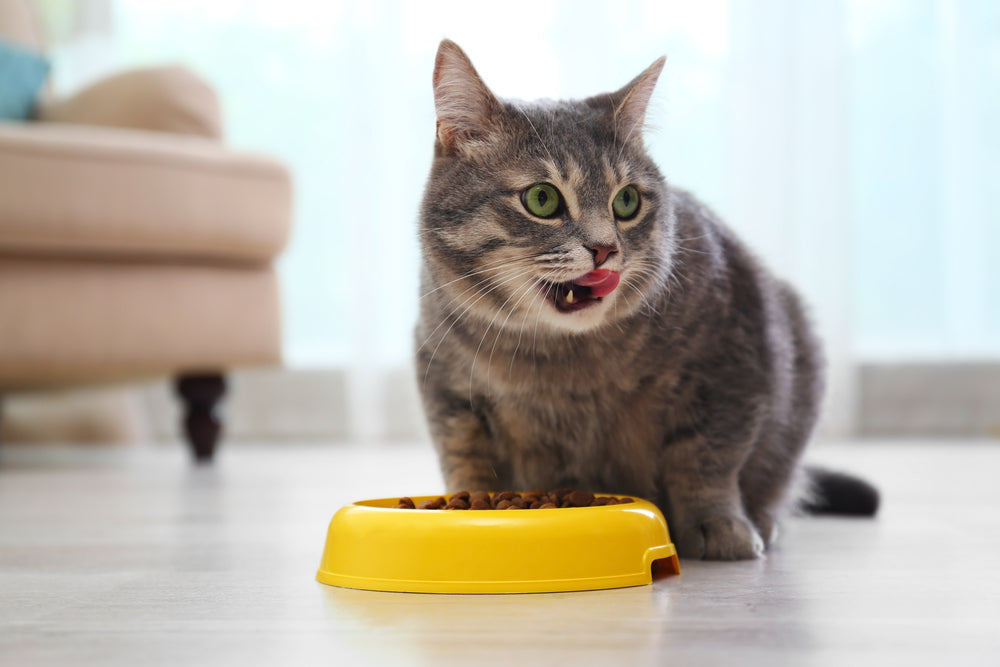Anxiety, Stress, Fear in Pets - How Bad Can it Be?

By Dr. Jeff Werber, DVM
It is a frightening fact that nearly 90% of the 89.7 million dogs in the U.S. will probably experience anxiety, stress, or fear at some point in their lives, and about 1/3 of them (24 million!) suffer these emotions regularly. We don’t always understand why this happens to our pets, and we certainly can’t ask them, but it is believed that the factors involved include genetics, prior experiences during growth and development and unspecified experiences and triggers during adulthood such as insufficient stimulation, schedule/routine changes, new people/new pets, loud sounds, weather changes, etc.
Our dogs manifest signs of anxiety or fear in many different ways—posturing changes, vocalizing, digging, chewing, hiding, and inappropriate urination. And, depending on the triggers, many of which we may not even be able to identify, the behaviors of the same dog exposed to different stress-inducing situations may vary as well.
Besides just feeling bad for our dogs going through these stresses, it is important to understand the science of what is going on with them physiologically, as the effects can be extremely detrimental. During periods of anxiety, stress, or fear, the brain signals an increased secretion of adrenalin and cortisol. The response also leads to a decreased amount of blood flow to the frontal cortex of the brain, which means a decreased amount of oxygen flowing to the frontal cortex. With prolonged anxiety or fear the increase of cortisol can start to suppress the dog’s immune system, which can allow the dog to become sick or stressed more easily. The more agitated they become, these effects magnify causing a negative spiral—the more anxiety they feel, the more anxious they’ll become! For those of you whose pets suffer from this condition, you’ve probably seen this first hand, and know-how difficult this is for you and for your pet
Clearly, we need to help our four-legged friends! There have been many recommended solutions—some for short-term control, and others for more long-term and permanent control. Historically, drugs like sedatives, mood-modifiers, and anxiety medications have been recommended, and still are, as have more natural, herbal products containing chamomile, passionflower, valerian root, poppy, or hops. Even Cannabidiol is now being used with some success to help decrease anxiety. Many, however, prefer more natural, non-drug alternatives like behavior modification, compression vests, or the Calmz Anxiety Relief System with NeuroSync Technology. The Calmz system works through tonal and music stimulation as well as vibration at specific acupressure points to induce relaxation, thus reducing adrenalin flow, as well as increasing blood flow to key areas of the brain.
If your pet suffers from anxiety, stress, or fear, there is much you can do to help. To learn more about your pet’s specific anxiety issues, see your veterinarian or a pet behaviorist, and ask them to help you start a plan that’s right for you and your pet. Whatever you do, don’t let your pet’s anxiety get out of control, there is hope and lots of help available to improve you and your dog’s quality of life.
Previous article

Next article

Related posts
View all-

Wet Vs. Dry Cat Food: Which is Better?
As a caring cat owner, you always want the best for your furry friend, especially with their food. You typically have two choices: dry cat food in a bag or canned wet food. Whether you've just brought home a new kitty or are looking to transition to a new food, the decision process can be overwhelming, and understanding the impact of each on your cat's diet is essential. Read Article -

Celebrate National Pet Week: Fun Ideas to Celebrate with Your Pet
National Pet Week is right around the corner, so it's time to plan how you're going to celebrate! While we're sure you celebrate your pet all day every day... Read Article -

5 Simple Tips to Make Sure Your Cat Drinks Enough Water
Ensuring your cat stays hydrated is important, but it can be challenging since many cats don't drink enough water. Dehydration can lead to kidney disease and other health issues. Fortunately, you can encourage your cat to drink more with a few simple changes. Read Article -

How to Keep Your Cat Busy at Night (So You Can Sleep)
For many cat owners, the quest for a good night's sleep while keeping their feline friends content and engaged can seem like a never-ending battle. Cats, naturally more active at night or early in the morning, often disrupt your sleep schedules with nocturnal activity, whether through playful nature or seeking attention. Read Article




